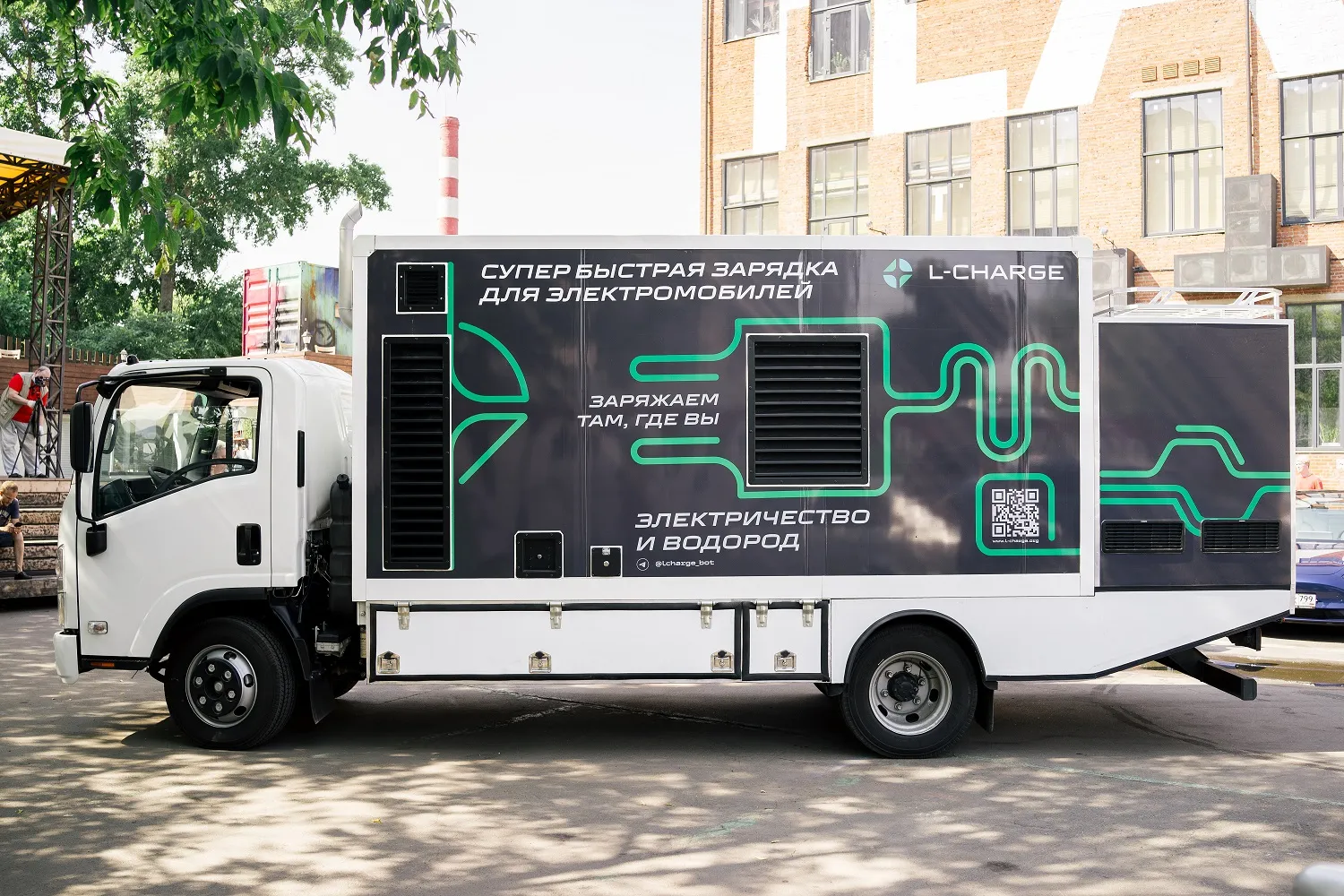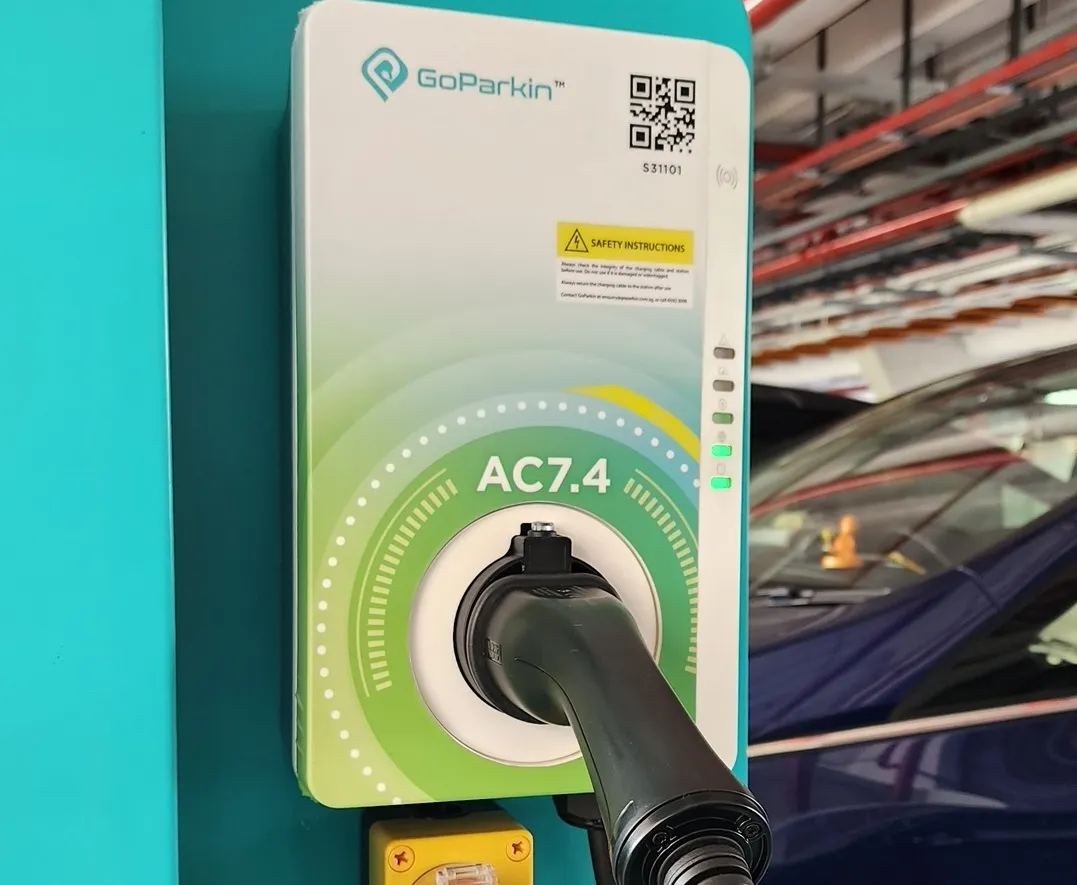The first eVolt smart electric vehicle (EV) charge point has been installed at a residential property outside Nottingham for the Electric Nation trial, which is seeking to find a smart charging solution that will better manage local level power distribution at peak times.
According to eVolt, the eMobility brand of the Swarco Group, research suggests that some of the UK’s local electricity networks will need intervention to enable motorists to charge EVs at home at peak times. It indicates that at least U
March 13, 2017
Read time: 2 mins
The first eVolt smart electric vehicle (EV) charge point has been installed at a residential property outside Nottingham for the Electric Nation trial, which is seeking to find a smart charging solution that will better manage local level power distribution at peak times.
According to eVolt, the eMobility brand of the129 Swarco Group, research suggests that some of the UK’s local electricity networks will need intervention to enable motorists to charge EVs at home at peak times. It indicates that at least US$2.7 billion (£2.2 billion) would be needed for local electricity infrastructure upgrades.
The Electric Nation project is funded by Western Power Distribution (WPD) and Network Innovation Allowance, providing new electric car owners with a free smart charger. In return, the project will have access to charging data to help electricity distribution companies better manage electric vehicle charging.
The trial is seeking 500 to 700 members of the public to install a smart charge point on an ongoing basis to accurately measure charging levels, and eVolt, which is the eMobility brand of the Swarco Group, is providing half of the trial’s chargers. All smart charging units are subsidised by OLEV eligible households are initially required to be within the bounds of WPD (South West, South Wales, and the Midlands.) OLEV grants are only available to people with an EV who have not previously received OLEV funding for a charge point for that vehicle.
According to eVolt, the eMobility brand of the
The Electric Nation project is funded by Western Power Distribution (WPD) and Network Innovation Allowance, providing new electric car owners with a free smart charger. In return, the project will have access to charging data to help electricity distribution companies better manage electric vehicle charging.
The trial is seeking 500 to 700 members of the public to install a smart charge point on an ongoing basis to accurately measure charging levels, and eVolt, which is the eMobility brand of the Swarco Group, is providing half of the trial’s chargers. All smart charging units are subsidised by OLEV eligible households are initially required to be within the bounds of WPD (South West, South Wales, and the Midlands.) OLEV grants are only available to people with an EV who have not previously received OLEV funding for a charge point for that vehicle.










